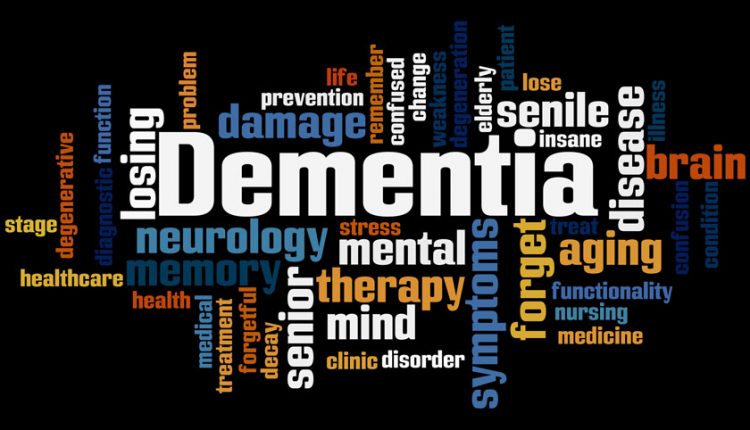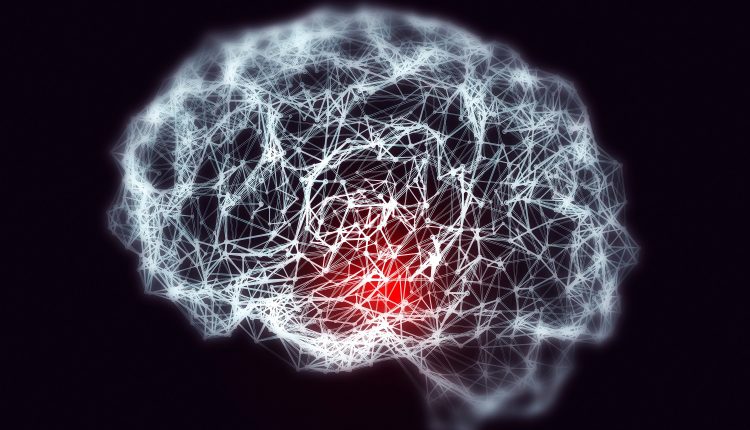
7 Stages of Dementia
The term dementia encompasses a variety of disorders, including Alzheimer’s disease, dementia with Lewy Bodies, frontotemporal dementia (FTD) and others. Even though each type of dementia progresses differently, two general diagnostic models describe dementia progression: the three-stage and the seven-stage models. In the latter case, a patient’s decline is categorized into more specific stages.
Understanding the 7 stages of dementia can be challenging; however, it can help plan for your loved one’s care. Therefore, here in this article, we have offered a more detailed picture of the dementia journey.
What Are the 7 Stages of Dementia?
The seven-stage model, as we previously stated, offers more detailed categories. Following up, we will explain each stage for clarity.

Stage 1: No Memory Deficit
Quality of Life: No Impact
Alzheimer’s disease usually begins silently, with changes in the brain occurring years before anyone becomes aware of it. During this early stage, you won’t be able to spot any symptoms. No apparent signs, memory loss, behavioural changes, or other symptoms may indicate dementia. In this case, the individual is mentally healthy and functions normally.
PET scans, which can show how the brain works, are the only way to diagnose Alzheimer’s at this stage.
You will notice more and more changes in your loved one’s thinking and reasoning as they progress through the following six stages of Alzheimer’s disease.
Stage 2: Slight Cognitive Decline
Quality of Life: Little to No Impact
At stage 2, signs of mild cognitive decline are common. Families and caregivers may notice slight forgetfulness from time to time, but memory issues may go undetected. Someone can lose track of familiar names or need to remember where they left an object. Lost keys or misplaced cell phones will likely become a common occurrence during this time. In this stage, a dementia diagnosis is not warranted, and no signs of the disease are apparent during a memory test. It is still possible for the person to work and participate in normal social activities. Some individuals with these signs will not progress to the later Stage of Dementia.
Although subtle symptoms of Alzheimer’s do not interfere with their ability to work or live independently at this stage, and the symptoms may be associated with normal ageing, it is essential to have a thorough knowledge of Alzheimer’s Vs. Normal ageing.
Stage 3: Mild Cognitive Impairment (MCI)
Quality of Life: Very Little Impact
Typically, during this stage, people begin to notice memory impairments in their family members or friends. As the forgetfulness increases, close relatives or friends may see unusual memory slips such as:
- Having difficulty remembering the names of people they just met
- Finding it difficult to express yourself in a conversation
- Need help retaining new material (e.g. reading a passage in a magazine or book and immediately forgetting it).
- The loss of valuable items
Other signs to watch include difficulty concentrating and completing complex tasks requiring ongoing mental effort. Work performance may be negatively affected if employed. Coworkers may notice that the individual frequently shows up late or needs to remember essential deadlines.
A lack of organization skills, poor time management, and difficulties with chores may also raise red flags for those close to the person. In some cases, a person who suffers from memory loss may be unable to identify new locations when travelling. Paying bills, cleaning the house, doing laundry, and caring for pets may be difficult for them. Whenever you notice any of the signs of MCI in a family member or friend, consider bringing the incidents to their attention or recommend consulting a doctor.

Stage 4: Moderate Cognitive Decline/ Mild Dementia
Quality of Life: Little Impact
The fourth stage is often called “mild dementia.” When an individual enters this period, cognitive tests will reveal deficits. During Stage 4, your family member or friend may continue to struggle with concentration and have trouble recalling recent events. Some people may need to remember what they had for lunch that day due to short-term memory issues. The memory of past events may begin to fade or become increasingly difficult to recall.
The ability to function independently is also impaired at this stage of dementia. The person may be unable to manage their finances or pay their bills on time. It may not be possible for the person to travel alone, especially in unfamiliar areas.
It is common to experience social anxiety during this time. You may notice that your family member or friend withdraws from social interactions due to memory problems. In addition to forgetting names, they may also forget their personal histories.
Lastly, the patient may deny the symptoms and refuse medical treatment. At this stage, a physician will most likely diagnose the problem and prescribe a treatment plan. The caregiver needs to handle the finances and driving duties. During this challenging time, the person will also require a lot of emotional support. The average duration of Stage 4 is two years, though it may vary.

Stage 5: Moderate Dementia
Quality of Life: Moderate Impact
In stage 5, the individual’s cognitive decline becomes more severe than in previous stages. The individual will not be able to manage without assistance at this point. As a result, the person has trouble remembering things like their phone number.
Confusion is a common occurrence. Individuals can forget the time of day or where they are. It may be challenging to remember the names of close family members, including children and grandchildren. Nevertheless, the individual may still recognize familiar faces and retain much of their personal history.
In this stage, it is often impossible for an individual to perform daily tasks independently. Individuals may need assistance dressing, bathing, and preparing meals. For instance, the individual may need help to choose the appropriate clothing for the season; however, they can likely eat and use the restroom without assistance. Adding and subtracting basic problems could become challenging. Typically, this stage lasts one and a half years, but it varies from person to person.

Stage 6: Severe Cognitive Decline
Quality of Life: Severe Impact
Dementia at this stage is often referred to as “middle dementia.” An individual in this stage requires high levels of care to carry out everyday tasks. People are unable to recall recent events. Rather than forgetting past events, individuals may be able to better identify events from earlier in their lives. An individual can remember their name and distinguish familiar faces from unfamiliar ones. Counting to ten and reciting the alphabet becomes difficult.
During this time, incontinence becomes an issue as the individual has difficulty controlling their bladder and bowels. Speech impediments make communication extremely difficult. During this stage, emotional problems are common. Delusions or agitation are common symptoms. Sleep patterns are affected by sleeplessness at night and exhaustion during the day. People sometimes repeat behaviours out of compulsion. There may be times when they clean the same thing repeatedly.
During this stage, the individual becomes very agitated so that violence can occur. It is also essential for caregivers to have an alert system in place at this stage since wandering is another issue. Usually, this stage of dementia lasts between two and three years.

Stage 7: Severe Dementia
According to the Global Deterioration Scale, stage 7 is the final stage. The person at this stage is incapable of speaking or communicating effectively. The individual may utter a few words or phrases, but they will likely not relate to the current environment. Almost all activities of daily living require assistance. In addition to bathing, dressing, and meal preparation, they will also need assistance eating and toileting. Alzheimer’s patients often have difficulty swallowing in their final stages.
Those with severe dementia are also more likely to develop infections – including pneumonia. As a result of extreme agitation, angry outbursts are more prevalent. People with dementia who exhibit these signs need round-the-clock care. This stage could last upwards of two years.
Final Words
Knowing how Alzheimer’s affects someone you love can help you support them. Stages and symptoms don’t always follow a neat pattern, but they can be guides for planning your friend’s or relative’s care. Remember, there are no hard-and-fast lines between mild and moderate stages, but you can expect changes like the ones above over time.
As someone who has witnessed the devastating effects of dementia on a loved one, I found this article on the seven stages of dementia informative and helpful. It can be challenging to understand what is happening to someone with dementia as their symptoms progress, and this article breaks it down into clear stages that are easy to understand.
While it can be heartbreaking to witness someone go through these stages, it’s important to remember that there are ways to help and support them throughout the process. Understanding the stages of dementia is just one step in providing the care and support that those with dementia need. I appreciate the author’s effort to educate people on this critical topic.